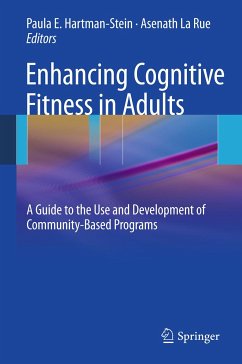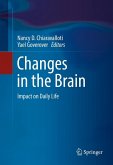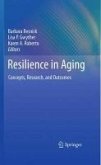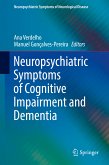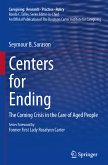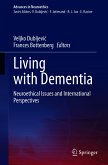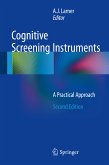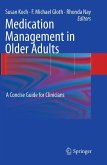A Guide for Use and Development of Community-Based Programs
Paula E. Hartman-Stein and Asenath La Rue, editors
One of the major milestones of aging research is the concept that dementia is not a one-cause, one-effect disorder. From this realization, scores of research-based cognitive wellness programs have been established alongside traditional medical interventions to help older adults deal with memory decline, cognitive deficits,and other signs of brain aging.
Enhancing Cognitive Fitness in Adults takes a wellness-support rather than a disease-based approach to its subject, presenting a wide range of promising interventions among the diversity that is currently being offered, from intergenerational volunteer programs, writing workshops, and multimedia strategies to meditation,biofeedback, nutrition, and exercise. Introductory chapters discuss the findings driving the cognitive-wellness movement, and the possible roles such programs may have in preserving critical brain resources, increasing cognitive flexibility, and avoiding devastating brain decline for improved quality of life in older adults. Areas of coverage include:
- Research bases for cognitive wellness interventions.
- Social programs designed to improve and sustain cognitive function.
- Enhancing cognition through the arts and cultural activities.
- Cognitive wellness interventions for adults with memory impairment.
- Community-based programs with positive societal impact.
A cogent survey of a growing field, Enhancing Cognitive Fitness in Adults is a timely resource for professionals working toward this crucial goal,including clinical, health, and neuropsychologists, primary care physicians(e.g., geriatricians, internists, family physicians), and clinical social workers.
Dieser Download kann aus rechtlichen Gründen nur mit Rechnungsadresse in A, B, BG, CY, CZ, D, DK, EW, E, FIN, F, GR, HR, H, IRL, I, LT, L, LR, M, NL, PL, P, R, S, SLO, SK ausgeliefert werden.
Hinweis: Dieser Artikel kann nur an eine deutsche Lieferadresse ausgeliefert werden.
"This book was designed for the clinician wanting to develop interventions/programs for their patients or local aging community ... . an essential read for those interested in setting up interventions for combating cognitive decline in the elderly. ... there is a wealth of experience and creativity in these chapters that will only help to sharpen the ideas one may have for his/her own clinic, evening course for the community, or research program." (Melanie C. Greenaway, Journal of the International Neuropsychological Society, Vol. 19 (1), 2013)
"This book discusses how to enhance cognitive flexibility in older adults using a wellness-support approach. ... The audience includes clinical, health, and neuropsychologists, primary care physicians (geriatricians, internists, family physicians), and clinical social workers. ... This practical book offers many different ideas for enhancing cognitive fitness in adults, including programming in retirement centers, spelling clubs, physical activity, nutritional supplements, theatre arts, and volunteer programs. ... The book will be extremely helpful for those working with older adults." (Gary B. Kaniuk, Doody's Review Service, December, 2011)

